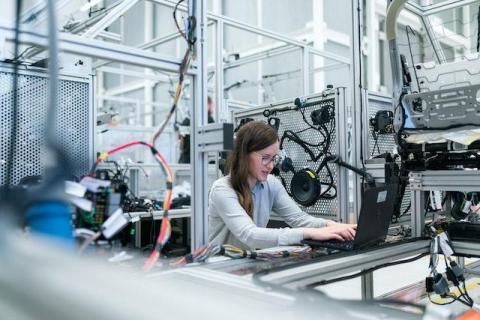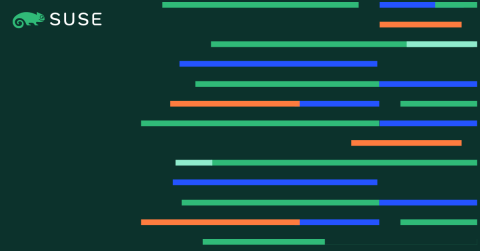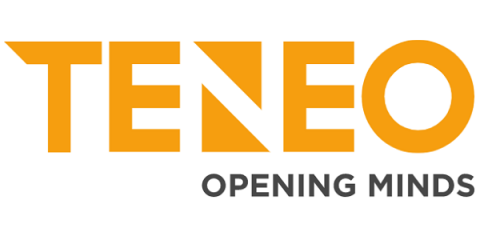GenAI for customer support: Explore the Elastic Support Assistant
We are excited to announce the launch of Elastic's Support Assistant. This blog takes you through a tour of our latest generative AI tool and some common scenarios where it can help with your own use of Elastic technology.











